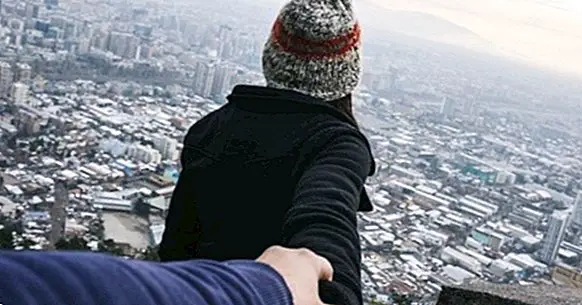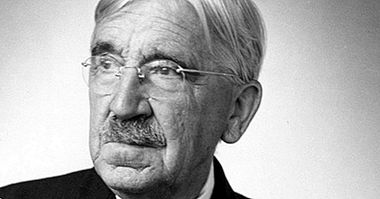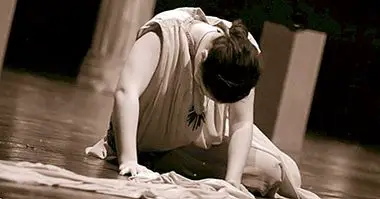What would you dare to do if you were not afraid?
The lack of confidence, the fear of failure and doubts about oneself are sensations that assail us at different times of our lives, preventing us from giving the best of ourselves.
Why do they arise? Can we do something to overcome them? And more important: What would we be able to do if we were not afraid?
The loss of confidence
There are many reasons that can promote insecurity in people, causing them to lose confidence in themselves and their abilities. However, five of them tend to be more frequent. We describe them below.
1. Expectations too high
Perfectionism, like any other human quality, is adequate in its proper measure. While it is good to try to increase our achievements and improve ourselves as people, Being satisfied with our results can never be a problem .
2. Judging oneself with excessive severity
Many people have a tendency to judge and criticize, find the negative and make bad predictions about one's abilities. For this reason, they can sometimes convince themselves that they are not good enough in what they do, or that they lack the necessary qualities to achieve that competence.
3. Worry about fear
Everyone has fears and fears. However, this is not a problem. Putting too much importance on our fears or worrying too much about it can, however, limit our lives .
4. Lack of experience
The scarce practice in a given area reduces the likelihood of feeling calm at the time of carrying it out. If we do not have confidence in our abilities and abilities we will feel a strong fear to carry out a certain activity.
5. Lack of skills
As it is intuitive, It is not natural to feel confident when doing something unless we consider ourselves good about it .
How to improve self-confidence
Although our skills and previous experiences forge the "cushion of trust", it will be our actions (despite being unreliable) that gradually offer us peace of mind and certainty in our competition. What would we be able to do if we did not feel afraid to fail?
The trainer in Acceptance and commitment therapy Russ Harris reveals four steps in the trust cycle to achieve its consolidation:
1. Practice the skills
Swimming is learned by swimming. To fish, fishing. It does not matter to know the theory, to get skill in a field we have to practice it. If you avoid situations that pose a challenge, you will never be able to prove or improve your own skills.
2. Apply them effectively
To get properly developed in what we are doing we need to be able to focus on it , what in psychology is called mindfulness. If we get stuck in our thoughts or feelings we will not get completely involved in the task, so we will lose effectiveness in it and our results will get worse.
3. Rate the results
The human tendency to perfectionism leads us to want to do everything soon and well. Self-examination without criticism and comprehensive self-motivation are the appropriate way to make a feedback .
4. Enter the necessary changes
Modify actions that lead to errors , depending on the results obtained, it helps us to improve our results, thus increasing our performance.
Basic rules of trust
The trust gap is the place where one is trapped when fear gets in the way of our dreams and ambitions. Is it then bad fear?
It is common to hear that it is a sign of weakness that reduces our performance in what we undertake. However, it is not true. Trust does not consist in the absence of fear, but in a different relationship with this one . As pointed Eleanor Roosevelt : "We gain strength, courage and confidence in every experience in which we decided to look at fear head on, the danger is in refusing to face it, not to dare".
And, as the first rule of trust of Harris , acts of trust go first, feelings later. If we want to grow and develop as human beings we have to take risks outside our family territory (known as a comfort zone) and enter the unknown.
Despite what we may think, we should not wait to feel confident to act, or we can wait for a lifetime. And you? What would you dare to do if you were not afraid?
Bibliographic references:
- Harris, R. (2012). Question of confidence. From fear to freedom. Santander: Sal Terrae.



















